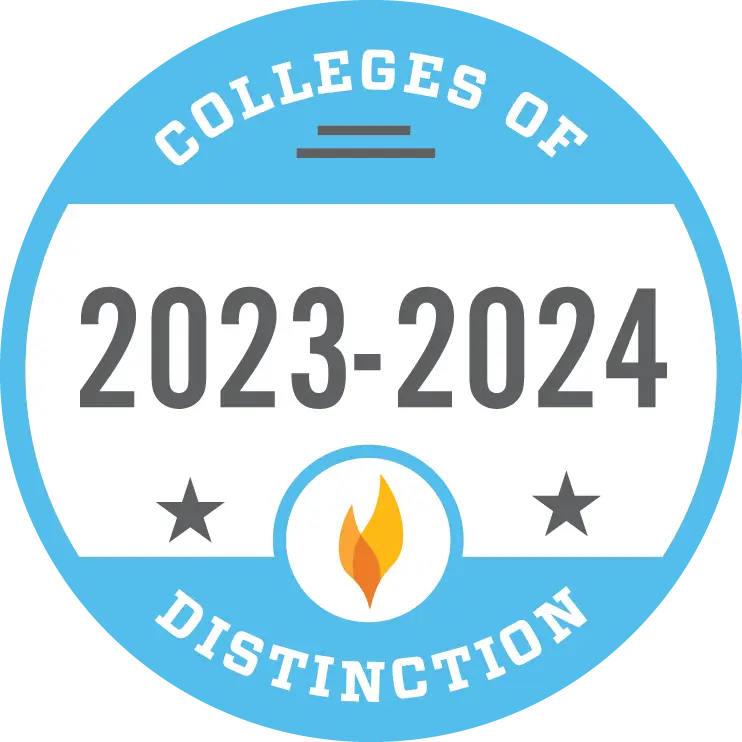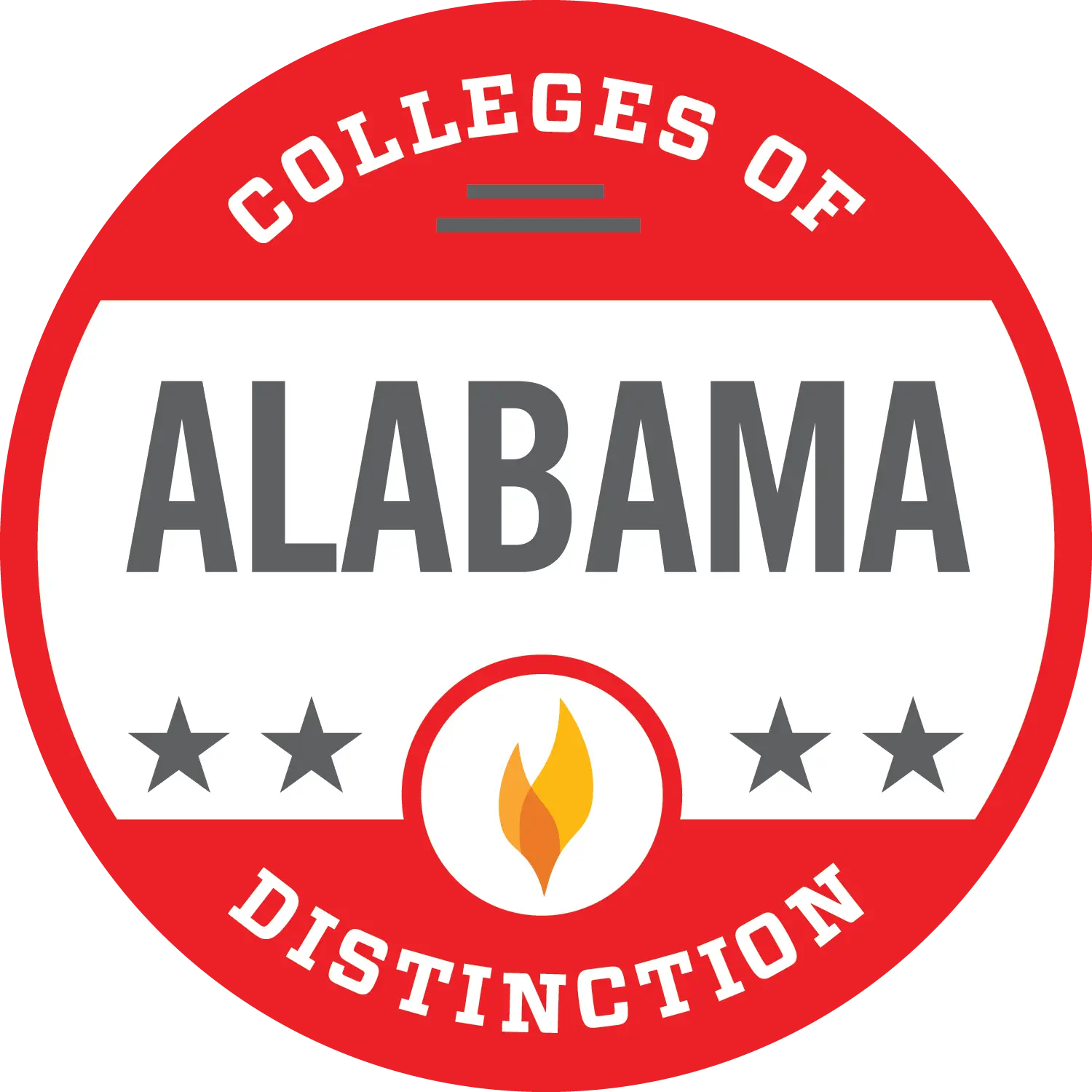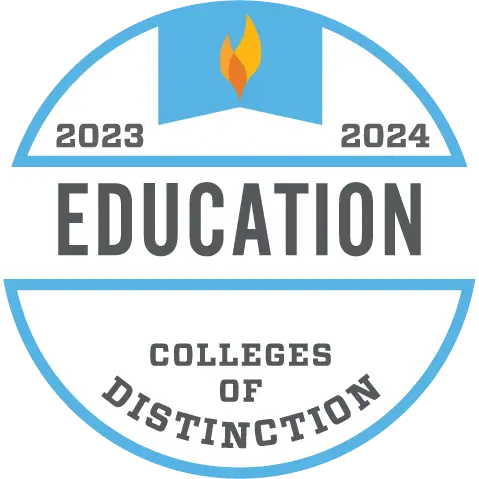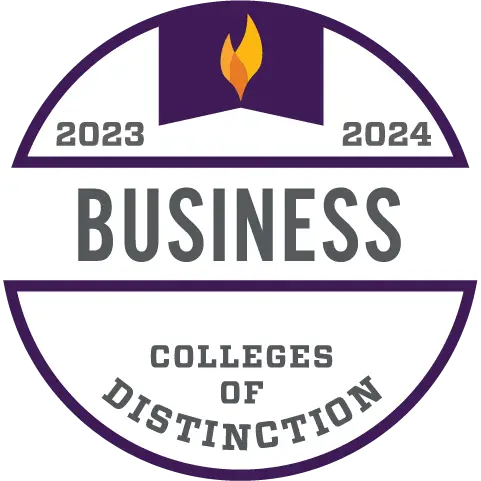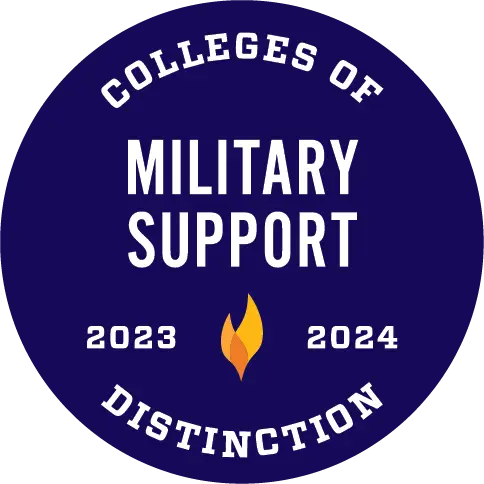Funding to help low-income, first-gen students access higher ed.
TUSCALOOSA, Ala. – The U.S. Department of Education has provided a significant boost to Stillman College’s Upward Bound program.
A federal Upward Bound grant of $3,293,645 announced recently will help more under-resourced students in West Alabama who would be the first members of their families to earn degrees to prepare for and enroll in college. One of the federal TRIO Programs, Upward Bound is an intensive intervention program that prepares students for higher education through various enrichment courses. At least two-thirds of the students in each local Upward Bound program are from low-income economic backgrounds and families in which neither parent has a bachelor’s degree.
“The Upward Bound grant will support Stillman College’s mission by helping under-resourced, and first-generation college students enroll and graduate from college. The program will provide access and opportunities for students throughout West Alabama,” said Tasha Washington, dean of Retention and Placement and director of Upward Bound at Stillman College.
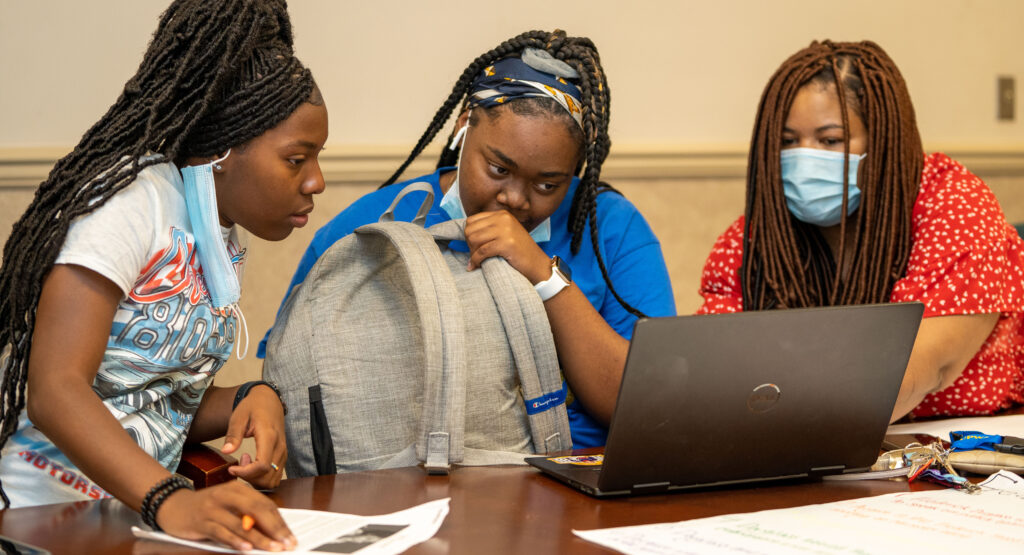
Stillman College’s campus-based Upward Bound programs serve Tuscaloosa, Pickens and Greene Counties and provide students instruction in literature, composition, mathematics, science, and foreign language during the school year and the summer. Upward Bound also provides intensive mentoring and support for students preparing for college entrance exams and tackling admission applications, financial aid, and scholarship forms.
The new round of federal funding will serve up to 132 students.
Stillman’s Upward Bound program began in 1966. Each year, at least 80% of Stillman’s Upward Bound seniors attend a college or university after earning their high school diploma. This year, all of the program’s graduating seniors plan to pursue a college degree.
Taylor Price, a native of Bibb County who attended Hillcrest High School in Tuscaloosa, participated in Upward Bound at Stillman during her junior and senior years. She’s currently a sophomore psychology major at Stillman and a resident advisor for Upward Bound. Price said the program prepared her for the rigors of college coursework and helped re-shape her personality.
“I was a quiet student,” Price said. “But Upward Bound makes sure you get out your comfort zone, that you feel like family, and that you’ll grow.
“They won’t judge you, but they’ll let you know what’s right and what’s wrong, and how to be ready for college.”
Nationally, 86% of Upward Bound participants enroll in post-secondary institutions immediately following high school graduation. In fiscal year ‘21, more than 70,000 students enrolled in 966 Upward Bound TRIO projects in the United States, according to the U.S. Department of Education.
In 1964, the Economic Opportunity Act established Upward Bound as a pilot program in response to the War on Poverty. It was the first of seven federal “TRIO” programs to be authorized later by the Higher Education Act to help college students succeed in higher education. It recognizes that students whose parents do not have a college degree have more difficulties navigating the complexity of decisions that college requires for success, bolsters students from low-income families who have not had the academic opportunities that their college peers have had, and helps remove obstacles preventing students from thriving academically.
“As systemic inequality and financial hardship discourage students from succeeding in college, TRIO programs like Upward Bound take on new importance because they continue to help students who are low-income and first-generation to earn college degrees,” said Maureen Hoyler, president of the nonprofit Council for Opportunity in Education (COE) in Washington, D.C.
COE is dedicated to furthering the expansion of college opportunities for low-income, first-generation students, and students with disabilities nationwide.
As of 2021, over 3,000 TRIO projects serve approximately 855,000 participants yearly. TRIO projects are in every state and territory in the nation.


